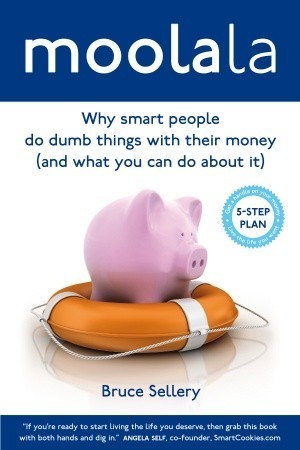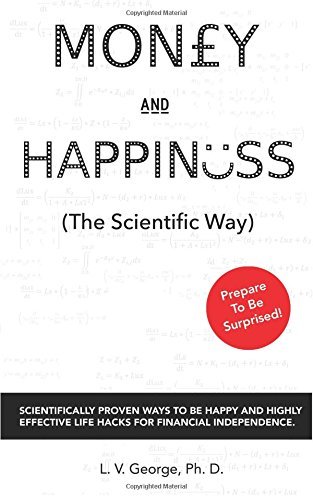
The Psychology of Money
Book Description
Wealth isn't just about what you earn; it's about how you think. In "The Psychology of Money," Morgan Housel unveils the hidden forces that shape our financial decisions, revealing the emotional quirks and societal narratives that dictate our relationship with money. With captivating stories and profound insights, he dismantles conventional wisdom, urging readers to rethink their beliefs about success, happiness, and the pursuit of wealth. This isn’t just a book about finances; it’s a powerful exploration of human behavior and choice. What if the key to true prosperity lies not in your bank account, but in your mindset?
Quick Book Summary
"The Psychology of Money" by Morgan Housel explores the often-overlooked role that personal beliefs, emotions, and behaviors play in financial success. Instead of focusing purely on numerical and strategic aspects of wealth, Housel delves into the psychological side – the ways we think about money, the stories we tell ourselves, and the biases that influence our decisions. Through engaging anecdotes and relatable insights, the book highlights how financial outcomes are more about character, patience, and self-control than about intelligence or education. Housel’s central premise is that real wealth is the result of smart behavior, humility, and a long-term mindset. Ultimately, he argues that understanding yourself is the key to making better financial choices and living a richer, more fulfilling life.
Summary of Key Ideas
Table of Contents
Luck, Risk, and Uncertainty in Financial Success
Morgan Housel opens by challenging the conventional wisdom that financial success is purely a result of knowledge or hard work. He points out that luck and risk—circumstances beyond our control—play a huge role in shaping who becomes wealthy and who does not. He urges readers to recognize these factors to better appreciate both their own journey and that of others. This perspective shifts the focus from idolizing wealthy individuals to understanding the complexity of financial outcomes, which are never guaranteed and often unpredictable. Appreciating luck and risk helps foster humility, gratitude, and a more honest assessment of personal financial decisions.
The Importance of Long-Term Thinking and Compounding
A central concept in the book is the power of long-term thinking, especially when it comes to compounding. Housel explains that wealth is less about one-time windfalls and more about consistent decisions made over decades. He uses compelling stories, like Warren Buffett's, to demonstrate that extraordinary wealth often comes from letting returns compound for as long as possible without interruption. The lesson is clear: patience and perseverance are more significant contributors to wealth than short-term brilliance or high-risk gambles. This mindset encourages readers to focus on time in the market rather than timing the market.
Behavioral Biases and Emotional Decision-Making
Housel delves into how psychological biases and emotions dramatically color our money decisions. He explores common pitfalls such as overconfidence, fear, greed, and the tendency to compare ourselves to others. These biases often lead people to make irrational financial choices, chase trends, or panic in downturns. By bringing awareness to these mental traps, the book encourages greater self-reflection and mindfulness. Understanding behavioral finance can help readers adopt healthier attitudes toward money and avoid self-destructive habits. Housel emphasizes that controlling your behavior is often more important than mastering technical knowledge.
The Value of Frugality and Flexibility
Another powerful theme is the importance of frugality, flexibility, and living below your means. Housel argues that true wealth is defined less by flashy displays or high income and more by control over your time and freedom from financial stress. Frugality isn’t about deprivation, but about maintaining options and resilience in the face of life’s uncertainties. Flexibility allows individuals to adapt when things inevitably change or go wrong. By focusing on what you can control—your own spending and habits—you build a foundation for lasting prosperity and peace of mind.
Redefining Wealth, Success, and Happiness
Finally, Housel urges readers to rethink their definitions of wealth, success, and happiness. Instead of measuring prosperity solely by net worth, he encourages considering the quality of your relationships, health, and ability to enjoy life. The pursuit of wealth should not come at the cost of personal well-being or ethical integrity. Housel invites readers to be intentional about their financial goals, align money decisions with their values, and recognize that true richness lies in autonomy and contentment. In doing so, the book offers a blueprint for a healthier, more meaningful relationship with money.
Download This Summary
Get a free PDF of this summary instantly — no email required.





